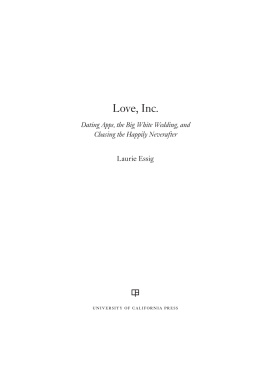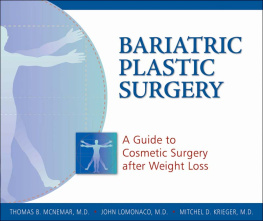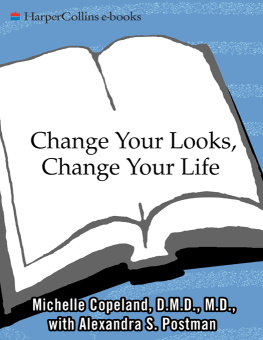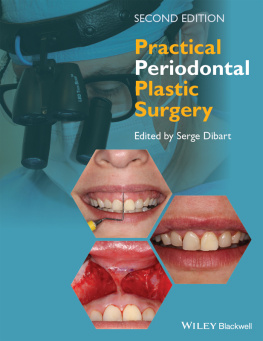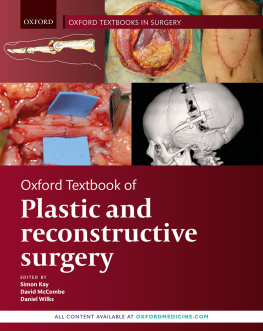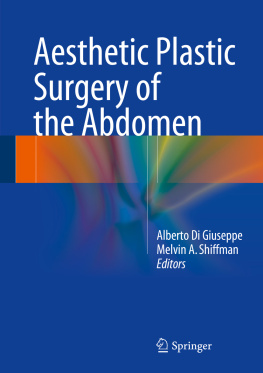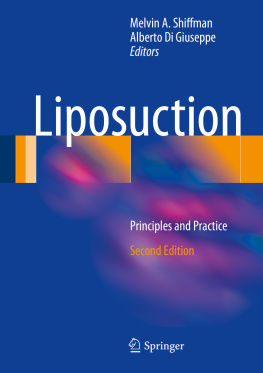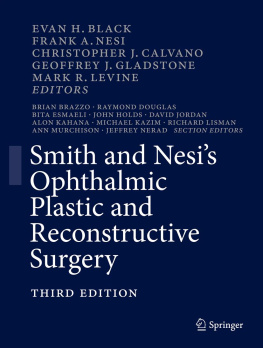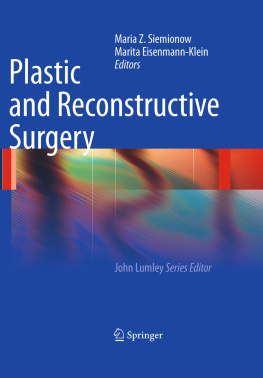Acknowledgments
A book is always a group project, the result of individuals as well as institutions. This book is no exception. I want to thank my editor, Gayatri Patnaik, and my first agent, Anna Ghosh, for believing in this book and in me. I owe my employer, Middlebury College, my gratitude for institutional support in the form of research funds, money for conferences, and providing me with research assistants. I especially want to thank Jim Ralph, who made that institutional support happen. Sociology/Anthropology and Women and Gender Studies provided me with enough collegial support and space to pursue this work. I am also indebted to my other institutional homesthe Chellis House, the Queer Studies House, and the Center for the Comparative Study of Race and Ethnicityfor their support and for inviting me to present this work in various stages.
Middlebury College also provides me with some of the best colleagues and students in the world. In particular, Id like to thank Roman Graf, Sujata Moorti, Kevin Moss, Ellen Oxfeld, Peggy Nelson, and William Poulin-Deltour for listening to me blather on about this book and never once telling me to shut up. My comrades Linus van Pelt and Rebecca Tiger questioned my ideas, read drafts, and generally entertained me with many hours of fun. Id also like to thank the many students who helped me with this project, including my research assistants Tamara Vatnick, Molli Freeman-Lynde, and especially Christine Bachman for her heroic work as first reader of this manuscript.
Friends at other institutions also provided insights, ideas, and interest, including Beth Mintz and Moustapha Diouf at the University of Vermont, David Napier at University College London, Robert Vanderbeck at Leeds University, and Shirley Collado at Lafayette. I especially want to thank Costas Lapavitsas, at University of London, for his endless explanations of all things economic. And then there are my super-smart and super-excellent writer friends who are always willing to talk to me about this or any other project, especially Judith Levine and my cousin Todd Essig, who not only writes but has a day job as a psychologist.
Finally, I owe an inordinate debt to the many consumers of cosmetic surgery and cosmetic surgeons who took the time to speak with me. I especially want to thank Chris McEwan and Joan Kron for their time and insight. In addition, to the wonderful people at the International Confederation for Plastic, Reconstructive, and Aesthetic Surgery (IPRAS) and the American Society for Aesthetic Plastic Surgery (ASAPS), as well as the people at Cosmetic Surgery EXPO for letting me crash their conferences and pretend to be press, thank you. And speaking of press, thank you to my editors at True/Slant, especially Coates Bateman, for letting me write endlessly about American plastic and anything else that caught my eye.
Books dont happen just at work; they happen at home too. I am eternally indebted to Ximena Mejia, for showing up at the end of this project, just in time to make my life far less plastic. My children, Willa and Georgia Cowan-Essig, make writing possible each and every day of my life because they believe that what I do is important, important enough to leave me alone for hours on end. My co-parent, Liza Cowan, was always willing to take our daughters for days on end while I traipsed off to cosmetic surgery conferences around the world or took writing retreats. My parents, Abe and Elinor Essig, are the most supportive and generous parents a person could ever have. As is the entire extended Essig clan. My family at Blue Wave Taekwondo kept me sane by letting me kick and hit them whenever I needed to. Last, but not least, I want to thank my friends Ellen Weber and Kelly Arbor. For very different reasons, they taught me everything I needed to know to write this book. They also taught me what it means to be a true friend. I hope the ties that bind us are as flexible as plastic and as strong as steel.
Authors Note
To protect the innocent and the guilty and all the rest of us, the names and identifying features of individuals profiled or interviewed herein have been changed, except as noted. Some stories reflect composites of individuals and/or conversations. Sources who agreed to go on the record, as well as published sources, are clearly identified by name and affiliation or professional capacity.
Chapter 1. A Short History of Plastic
Make It Go Away
Sitting in a colleagues office, discussing my work, we move from MTVs I Want a Famous Face, a reality-TV show where young people undergo a series of surgical procedures to look like Brad Pitt or J-Lo, to face transplantsonce a rare and heroic surgery that is quickly becoming commonplace. We laugh about living in interesting times, the curse that surely signals this moment, when wanting Brad Pitts face and actually having Brad Pitts face are both possibilities. I am startled to hear him announce: Youre against cosmetic surgery.
Against cosmetic surgery? Thats like being against the automobile: a possibly ethical stance, but nonetheless impossible, or at least highly impractical, especially if you live in a place without any public transportation or, in the case of plastic surgery, a body thats aging. Ever since I started researching this subject, people have pointedly asked me what I think of cosmetic surgery, as if my opinion matters, like if I say, Its a bad thing, it will go away. Or perhaps some hope Ill respond, Its a good thing, and validate their secret desire to get work done. The truth is simply this: the historical, cultural, and economic forces that brought us to this point are so strong, the roots of our obsession with cosmetic surgery run so deep into the very essence of what it means to be an American, that there is no escape. Still, perhaps understanding how we got here, the history of this moment, will in fact allow us to think about alternative paths. Even if knowing the history of cosmetic surgery doesnt free us from its grip, its a hell of a story. The kind of story you cant make up, because its just too crazy to be anything but true.
Some historians start the tale of cosmetic surgery in ancient India, sometime around 600 BCE. Apparently a common punishment for adultery was cutting off the adulterers nose. And so there were a lot of people running around without noses. The surgeons attempted to make something that resembled a nose by cutting a flap of skin from the forehead and grafting it onto the face where the nose should have been. This was of course done without the benefit of anesthesia, but then again, so was cutting off their noses in the first place.
Surgery to put a nose back on the face is more reconstructive than aesthetic in nature. Surgery to reshape the normal body, surgery for purely cosmetic reasons, only began at the end of the 1800s. The sort of cosmetic surgery practices that are flourishing in the twenty-first century are about standardizing bodies, not reconstructing them after disfiguring accidents or disease. As philosopher and historian Michel Foucault put it, there are a variety of modern institutions and practices that act as if they are intended to alleviate pain, to cure, to comfort, but which all tend... to exercise a power of normalization. Purely cosmetic surgery is a thoroughly modern phenomenon, the purpose of which is the normalization of bodies.
Before modernity, a body that was different was always more powerful and often more dangerous than an average body. Freakish bodies required explanation. A cleft palate might be punishment for gossiping. Conjoined twins might signal good luck for an entire village. The anomalous body was interpreted as a sign of divine wrath or divine grace, but the freakish body was never ignored. As evolutionary biologist Armand Marie Leroi tells us, in Mutants, In the sixteenth and seventeenth centuries, monsters were everywhere. Princes collected them; naturalists catalogued them; theologians turned them into religious propaganda. This desire to normalize freakish bodies is at the very center of what it means to be modern.
Next page

